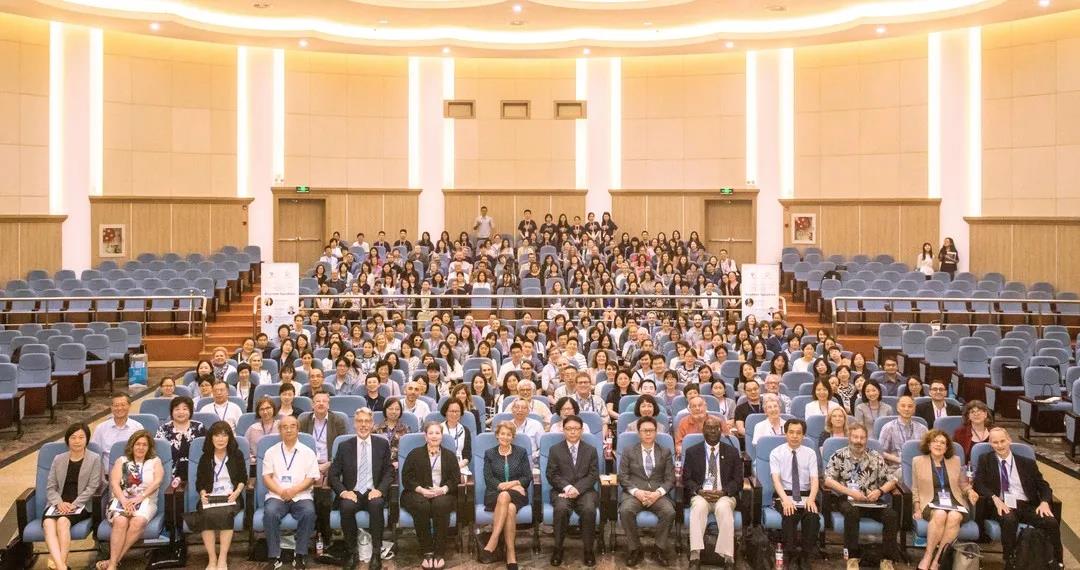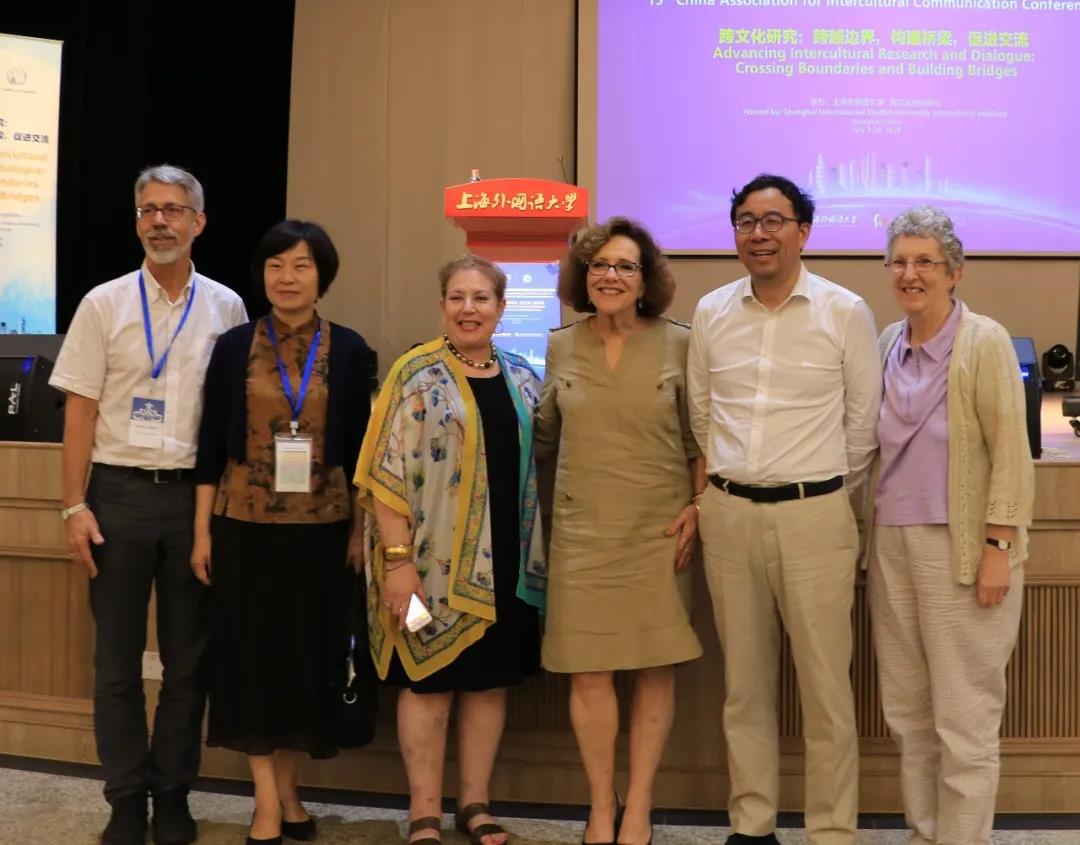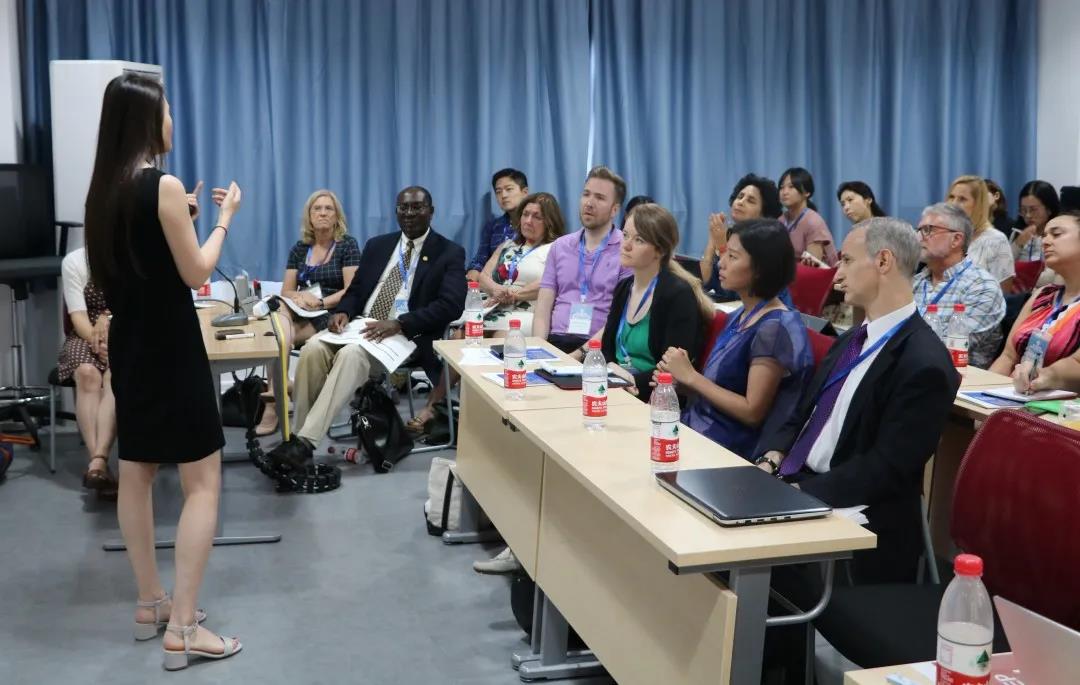Less than a year ago, many of you IC colleagues and graduate students met with global cross- and intercultural researchers at Shanghai International Studies University (SISU). Nearly 300 of us interacted on how our efforts of "Advancing Intercultural Research and Dialogue" could stimulate our students and societies to keep "Crossing Boundaries and Building Bridges" (the 2019 IAIR-CAFIC Joint-Conference theme). Now we face a real-life challenge and practical application of those ideals due to the Coronavirus - engaging together in solidarity to stand against new waves of bias, prejudice, and discrimination in people's responses to Chinese or other affected nations.

These are attitudes addressed in our online course (enroll for free:
https://www.futurelearn.com/courses/intercultural-communication and learn IC perspectives with us like "responding to diverse identities" in step 2.10 and "mindfulness" in step 3.11). These are also embedded in the organizations that we represent:
Focusing on the intersection between language and culture, CAFIC encourages and embraces all interdisciplinary endeavors and engagements in constructing intercultural dialogue in our global human community.
This situation highlights our need to take steps to realize President Xi's vision - to "jointly build a community of common destiny for all mankind (共同构建人类命运共同体)."
As President of IAIR, our Executive Committee offers this:
Statement of Solidarity
Paying attention to increasing news, personal reports, and professional opinions on the daily spread of the Coronavirus, we also share a concern about its impact on global health, economics, and perceptions of peoples and place. As the IAIR Executive Committee, we express our solidarity with all who are affected! We particularly hope for an early recovery for those who have contracted the virus, and peace of mind and wellbeing for those curtailed by national or regional measures to control its spread worldwide.

Alongside a growing number of news and professional publications, we too express our concern about expressions of micro-aggressions, ethnic-targeting, and xenophobic responses toward Chinese/Asians, Iranians, Italians/Europeans or others designated to be from affected regions. Though we humanly empathize with feelings of vulnerability, fears of the unknown, and survival and safety instincts facing many, we are both saddened and alarmed by campaigns of misinformation, unfair reference to certain ethnicities or countries, and discriminatory attitudes and acts (e.g. a Lancet letter on 2019-nCoV, fake news, and racism).
Because we are an academy dedicated to improving intercultural relations, we seek to serve the challenges facing each culture with our scholarship, engagement, and efforts to promote cross-cultural respect and goodwill. We acknowledge that available options and cultural practices in each affected nation or region might vary in how to respond to the virus. We urge the withholding of judgement and decry expressions of bias or blame.
We call for shared responsibility to both prevent and call out attitudes or acts of injustice, discrimination, hate, and violence. Let us be reflective and monitor our own, or group member’s, responses and encourage mindfulness of others, tolerance of differences, and ways of reaching out to offer help beyond our own safety in these trying times.

Facts about the virus and its threat must be realistically faced, but no individuals or groups deserve to be further threatened or harmed by negative acts. We concur with the sentiments of our American Psychological Association colleagues, that “we must remind ourselves and others that the real challenge is the virus, not the people. The Coronavirus epi(pan)demic outbreak will eventually be over. Racial discrimination, hate, and xenophobia, however, are diseases that can outlive the virus, and if this occurs, they will be more difficult to address.”
In this time of global challenge, may we each embody the values and practices that we embrace as interculturalists – to affirm human and cultural dignity, exhibit empathy and respect, and engage across barriers and boundaries to help those in time of need!
In sincere solidarity,
the IAIR Executive Committee
Dr. Steve Kulich, IAIR President,
Dr. Adam Komisarof, IAR President-Elect
Dr. Ken Cushner, IAIR Exec. Director
Dr. Ripley Smith, IAIR Exec. Secretary
Dr. David Sam
Dr. Nan Sussman
https://www.intercultural-academy.net